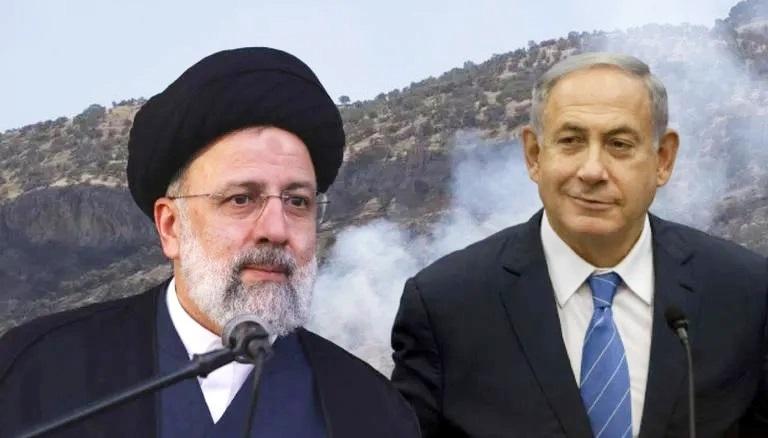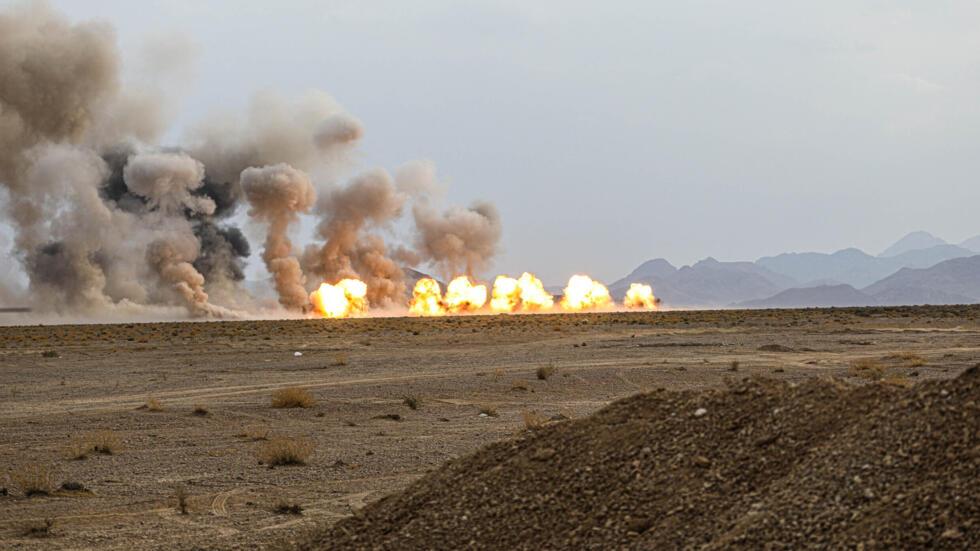The Gulf ramps up efforts to stabilize the Middle East Uneasy alliance
On April 18, 2024, the Israeli media reported that Tel Aviv carried out retaliatory strikes against Iran in the early morning local time, reportedly launching missiles that targeted the west of the country. Explosions were heard in the city of Isfahan, prompting commercial flights to divert from their routes. While Tel Aviv named it as revenge for Iran's recent massive attack on Israeli cities, official Tehran claimed that all drones and missiles were intercepted and no major damage was reported. Israeli media reported explosions, but Iranian media reported those were caused by air defence systems as three drones over the central city of Isfahan had been shot down.
The minor explosions over the Iranian territory hint that Israel perpetrated a limited operation to avoid a major escalation with Tehran and possible confrontation with the United States (US) and Western allies. However, Israeli drones over Isfahan city may be attributed to Tel Aviv's intention to strike Iran’s nuclear facilities, though unsuccessfully. The United Nations (UN) main watchdog confirmed that Iranian nuclear sites were not hit. Isfahan is considered a strategically important city and one that is host to several important sites, including military research and development facilities, as well as bases. The nearby city of Natanz is the location of one of Iran’s nuclear enrichment sites.
The recent tensions between Iran and Israel, two arch-rivals in the Middle East, heightened swiftly as Tel Aviv increased pressure on pro-Iranian proxy groups in Lebanon, Gaza, Syria, and Iraq in light of the war with the Hamas militant organization. Indeed, the critical escalation in the geopolitically fragmented Middle East boosted fears of other regional states like Saudi Arabia, the United Arab Emirates (UAE), Jordan, and Iraq.
As such, regional states called on all parties to de-escalate and restrain their reactions to spare the region and its people the scourge of war. They also urged the UN Security Council to "shoulder its responsibility" to avert a dangerous escalation in the region. Saudi Arabia, as the leading regional actor, has long been at odds with Iran until diplomatic détente in March 2023 under the supervision of China. Therefore, when the war in Gaza unfolded following the October 7 attacks of Hamas, Riyadh maintained a relatively lower profile in the conflict in order not to trigger rivalry with Iran and challenge the US' strong backing of Israel.

However, earlier, the independent sources argue that several Gulf States, among them Saudi Arabia and the UAE, passed on intelligence about Iran’s plans to attack Israel, providing vital information that was key to the success of the air defence measures that almost entirely thwarted the massive assault. The cooperation was spearheaded by the US, which has for years been striving to form an informal military partnership to counter threats from Iran. An Israeli response, however, would test the durability of an informal coalition of awkward bedfellows, including Saudi Arabia, Jordan, and the United Arab Emirates, whose recent cooperation against Iran has the potential to be damaging on the home front.
Nevertheless, Iran did not put the blame on Riyadh and Abu Dhabi, even though it threatened Jordan for its alleged role in supporting the US-Israel tandem and providing them access to its airspace.

The idea is that an unprecedented united front to defend Israel has been formed around the military coalition led by Washington, London, and Paris – with the support of Arab partners. Notably, the US has quietly built a network of air defences for many years, establishing a robust military presence to fight potential regional wars and defend its regional allies. Iran's counterattack on April 13 was the first time Tehran struck Israel directly after 45 years of threats. Until that time, it restrained itself despite Israel's repeated attacks on Iranian military sites and assassinations of its top nuclear scientists and officials.
The missile exchanges between Tehran and Tel Aviv, the devastating war in Gaza with Hamas, and frequent bombings of Iraq and Lebanon suggest that the Middle East is already a highly unstable region, and the additional tensions inflame the situation even worse. Although the Gulf monarchies, led by Saudi Arabia, attempt to keep a balance between Israel, US and Iran, the situation on the ground is changing rapidly, including the risks of conflict spillover.








